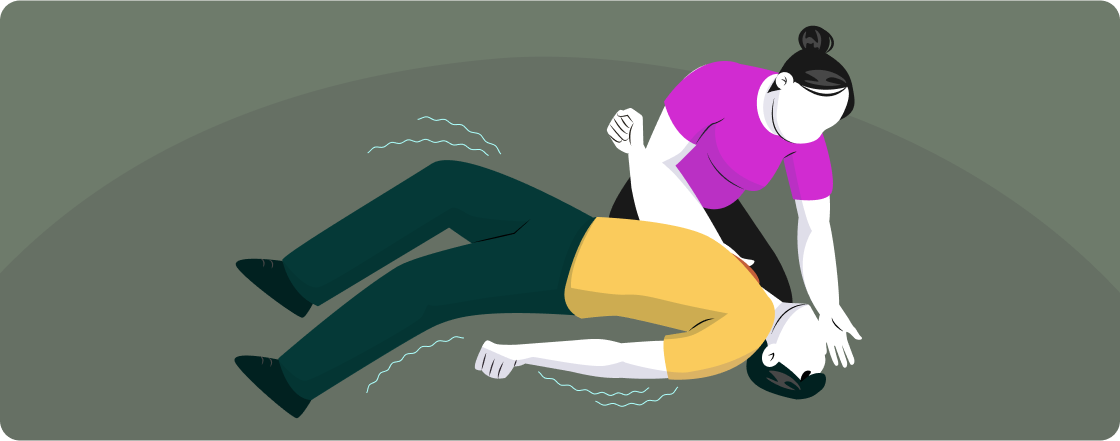
Veteran Substance Abuse: Recognizing Your Loved One’s Warning Signs
Veterans face unique challenges that can contribute to substance use disorders—often long after their service ends. If you have a loved one who served in the military and suspect they may be struggling with substance use, knowing what to look for can make all the difference. Early recognition and compassionate support can be the first steps toward breaking the cycle.
Understanding the Unique Challenges Veterans Face
The transition from military to civilian life can be complex and overwhelming. Many veterans grapple with reintegration stress, physical injuries, or untreated mental health issues like PTSD, anxiety, or depression. According to the U.S. Department of Veterans Affairs, over 1 in 10 veterans who seek care from the VA meet the criteria for a substance use disorder. Substance use may initially start as a coping mechanism—used to manage flashbacks, emotional pain, or insomnia—but over time, it can lead to dependency


The Cycle of PTSD and Addiction
Post-traumatic stress disorder (PTSD) and substance use often go hand in hand. This co-occurring condition can create a damaging cycle: the veteran uses substances to numb emotional pain, which interferes with healthy coping and worsens PTSD symptoms. Alcohol, opioids, and benzodiazepines are commonly misused because they temporarily reduce anxiety, but they also impair judgment and fuel dependency. Unfortunately, this cycle can deepen isolation and create barriers to seeking help.

How to Approach a Loved One About Their Substance Use
Talking to a veteran about substance use is a delicate process. They may feel ashamed or fear being judged. Choose a quiet, safe moment to express concern. Use “I” statements rather than accusations. For example, you might say: “I’ve noticed you’ve been drinking more than usual, and I’m worried about how it’s affecting you.” Let them know you’re coming from a place of love and support—not blame. Be prepared for resistance, but don’t let it deter you from planting a seed for change.

Breaking the Cycle: Treatment Options for Veterans
Treatment that addresses both substance use and underlying trauma is crucial for long-term recovery. Many facilities offer specialized programs for veterans, including trauma-informed therapy, medication-assisted treatment (MAT), and peer support groups. Veterans may also be eligible for care through the VA or community-based programs like the Substance Abuse and Mental Health Services Administration’s (SAMHSA) grants for veteran-focused treatment.
If you suspect a veteran you care about is struggling, you’re not alone—and neither are they. With the right support and resources, recovery is absolutely possible. Your compassion, patience, and encouragement can make all the difference.











